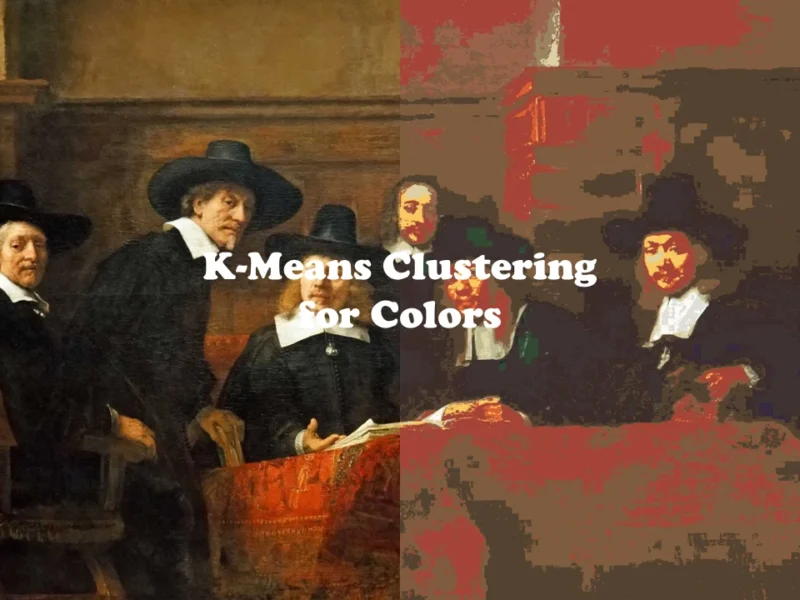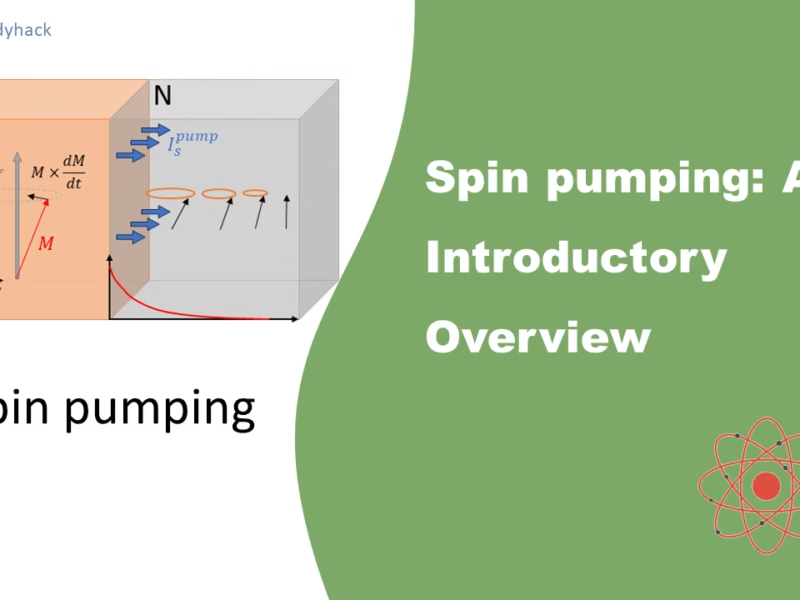What is common knowledge?
Sometimes, you might feel that you are referencing too much, and that all those references are in fact just common knowledge. This might be true, but is a tricky topic. Because what is common for you, might be the opposite for someone else.
Here is what the MIT Handbook of Academic Integrity says about the topic:
“Broadly speaking, common knowledge refers to information that the average, educated reader would accept as reliable without having to look it up. This includes:
- Information that most people know, such as that water freezes at 32 degrees Fahrenheit or that Barack Obama was the first American of mixed race to be elected president.
- Information shared by a cultural or national group, such as the names of famous heroes or events in the nation’s history that are remembered and celebrated.
- Knowledge shared by members of a certain field, such as the fact that the necessary condition for diffraction of radiation of wavelength from a crystalline solid is given by Bragg’s law.
- However, what may be common knowledge in one culture, nation, academic discipline or peer group may not be common knowledge in another.”
Post Views: 1,271
Florius
Hi, welcome to my website. I am writing about my previous studies, work & research related topics and other interests. I hope you enjoy reading it and that you learned something new.
More Posts









